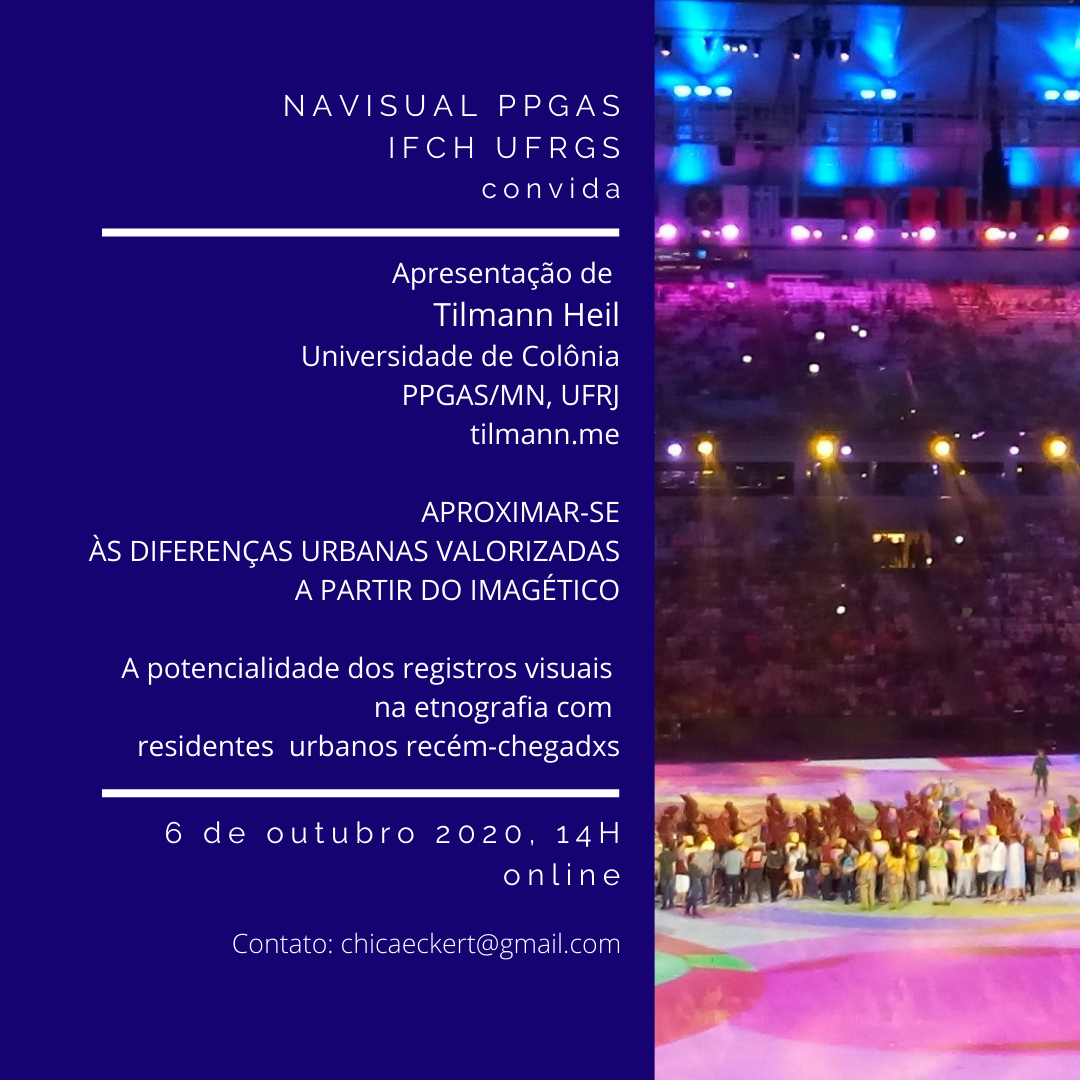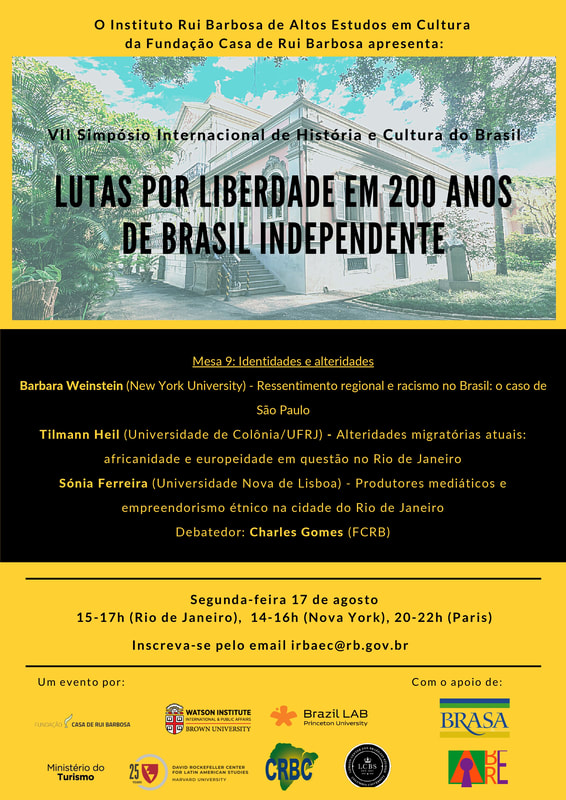Done. The German academic world is sometimes particular, despite having some resemblance in other parts of the world, for example, São Paulo. After your doctorate, you continue on precarious contracts - other than the few who pass directly onto Junior professorships - and start preparing a second project. It needs to be distinct from your doctoral research. In Anthropology, this refers to both regional and thematic/conceptual expertise.
While in the midst of writing my second book, my colleagues at Cologne University convinced me last year that this further seal of academic excellence and loyalty to a peer group would not do harm. I embarked on submitting 6 peer-reviewed, article-length text that show an internal coherence, wrote a long introduction on Assembling Social Hierarchies, submitted all to the faculty and four reviewers, received positive verdicts. The faculty followed the recommendation of the reviewers and invited me to submit yet another three different topics for my oral habilitation colloquium, open to the faculty and with the necessary participation of 24 full and associate professors. I had the pleasure to present a new research idea on Urban wood/s to sixty interested and enthusiastic colleagues and students. If the faculty next Wednesday follows the unanimous recommendation to also accept that oral habilitation exam, I will have reached what they call the end of the ladder. Done. An inaugural lecture will follow, and hopefully soon the second book as well. A potencialidade dos registros visuais na etnografia com residentes urbanxs recém-chegadxs Invited by the Núcleo de Antropologia Visual (NAVISUAL) of the Universidade Federal do Rio Grande do Sul I'll be presenting some of the visual cues that my interlocutors in Rio de Janeiro use to tell their stories in Rio de Janeiro and my own visual registers that developed over hearing their characterizations of the city and its inhabitants. I'm very much looking forward to the debate!
I will be presenting at the 9th roundtable on "Identities and Alterities" of this international symposium that honors the struggles for freedom in 200 years of an independent Brazil. I will discuss some of the current alterities in Brazli that arise from the recent arrival of West Africans and Southern Europeans in the city of Rio de Janeiro. I will discuss notions of Africanness and Europeanness in my interlocutors' narratives and experiences in Rio de Janeiro and how this discussion facilitates an understanding of some of the complexities of historically grown, currently active social hierarchies and racism in the city. Missed it? Please go and listen to our debate here!
As a key part of my research for the book Comparing Conviviality, I reflect on the differences between me and my interlocutors, my privilege and the commonalities we identified and challenges we faced. The relations we forged throughout the research process and beyond materialized at the intersection of race, origin, class, world view and outlook, among others.
Impressions from the presentation and debate of Comparing Conviviality at the Núcleo Interdisciplinar de Estudos Migratórios (NIEM), IPPUR, Universidade Federal do Rio de Janeiro, in March 2020.
The sound at the beginning and end are from ZigFest in 2010 in Ziguinchor, Senegal which I discuss in Chapter 4: Staged and sensous. If ever you do not have access to the book through your institution, please get in touch.
The book Comparing Conviviality takes the claim to a better knowledge and practice of how to live with difference foreward that Senegalese migrants in Catalonia made. Pursuing such non-hegemonic knowledge during 18-month of multi-sited, ethnographic fieldwork in Casamance, Senegal, and Catalonia, Spain, this quest has led to the formulation of an unstable concept: conviviality.
Impressions from the presentation and debate of Comparing Conviviality at the Núcleo Interdisciplinar de Estudos Migratórios (NIEM), IPPUR, Universidade Federal do Rio de Janeiro, in March 2020.
The sound at the beginning and end are from ZigFest in 2010 in Ziguinchor, Senegal which I discuss in Chapter 4: Staged and sensous. If ever you do not have access to the book through your institution, please get in touch. We invite you to submit a proposal to our panel
Application deadline extended: 1st of June 2020 Abstract: Cities are cross-roads where the numerous effects of neoliberal capitalism and (post)modern biopolitics converge with scores of counter-movements challenging them and proposing alternatives. In this context we ask how urban dwellers and traversers who strive for change of the terms of urban life become involved in the political. This panel aims to understand such emerging urban political subjectivities. We invite papers that observe such changes either regarding a specific subset of urban populations (e.g. activists, migrants, believers, students, homeless), specific causes (e.g. mobility, housing, security), or in overall urban governance schemes (e.g. private-public partnerships, participatory processes). The panel is particularly interested in innovative takes on the political that study the entanglements of materialities, people, and acts. We invite critical engagements with the - in our view - problematic conceptual distinctions between the political, the ethical, and the emotional. A key concern of ours is: How do non-hegemonic cosmovisions shape urban political subjectivities and how do their proponents re-define both the content and form of the political. Not only urban assemblages are plural, but also their styles and forms of addressing the political, fluently re-entangling materialities, actors, and acts. This fluidity challenges simple concepts of the political and signals urban becoming in multiplicity. Urban political subjectivities hence may go through rapid changes. Through increased analytical ethnographic attention into such emerging configurations and their synergies, tensions, and contradictions, the panel aims to make a valuable contribution to understanding and shaping more sustainable and resilient urban futures. Conference: IUAES Congress 2020 Coming of Age on Earth: Legacies and Next Generation Anthropology When: 07-11 October 2020 Where: Convention Centre, Šibenik, Croatia Conveners: Tilmann Heil (KU Leuven), Raúl Acosta (LMU Munich) Guidelines: https://iuaes2020.conventuscredo.hr/abstract-submission-guidelines/ Submission system: https://iuaes2020.conventuscredo.hr/abstract-submission/ We are looking forward to receiving your abstracts.
My work on migration accross one of the most unequal geographies in the world, the Mediterranean, was driven by the dissatisfaction with how the people were mainly framed: victims, criminals, or undeserving 'bogus' refugees. These debates are often driven by the problem of Europeans to deal with those who are different at their doorstep. My book Comparing Conviviality shifts this debate, engaging with the knowledge of mobile Africans and how they live with difference.
Impressions from the presentation and debate of Comparing Conviviality at the Núcleo Interdisciplinar de Estudos Migratórios (NIEM), IPPUR, Universidade Federal do Rio de Janeiro, in March 2020.
The sound at the beginning and end are from ZigFest in 2010 in Ziguinchor, Senegal which I discuss in Chapter 4: Staged and sensous. If ever you do not have access to the book through your institution, please get in touch. Três debates do meu livro em lançamento
I: Museu Nacional, Horto Botânico, Quinta da Boa Vista, s/n - São Cristóvão, Rio de Janeiro 12 de março 2020, 9:30 horas com os debatedores Joana Bahia, Professora titular, Universidade do Estado do Rio de Janeiro El Hadji Diallo, Jornalista e tradutor independente Charles P. Gomes, Pesquisador, Fundação Casa de Rui Barbosa II: Núcleo interdisciplinar de Estudos Migratórios, IPPUR, UFRJ, Rua da Lapa 120 / 204 13 de março 2020, 17:00 horas com a debatedora Miriam de Oliveira Santos, Universidade Federal Rural do Rio de Janeiro III. Centro de Estudos Africanos, Universidade de São Paulo, USP Sala 08, Avenida Luciano Gualberto 315 16 de março 2020, 15:00 horas com os debatedores Alexander Yao Cobbinah, USP Luciane Scarato, Universidade de Colônia e Mecila/Cebrap Sumário do livro Em um mundo onde a diferença é muitas vezes vista como uma ameaça ou desafio, o livro explora como as pessoas realmente vivem em sociedades diversas. Baseado numa etnografia a longo prazo de africanos ocidentais, tanto no Senegal como na Espanha, este livro propõe que a convivialidade é um compromisso com a diferença entre etnias, línguas, religiões e práticas. Tilmann Heil reúne histórias de longa data, projetos políticos e práticas cotidianas de viver com a diferença. Com foco na vida de bairros em Casamança, Senegal e Catalunha, Espanha - duas regiões igualmente complexas - o livro mostra como os senegaleses negociam e traduzem com habilidade os meandros da diferença e do poder. Nestes mundos africanos e europeus vividos, a convivialidade é sempre temporária e em transformação. Este livro oferece uma leitura texturizada, realista, porém esperançosa, da diferença, da mudança social, do poder e do respeito. |


 RSS Feed
RSS Feed